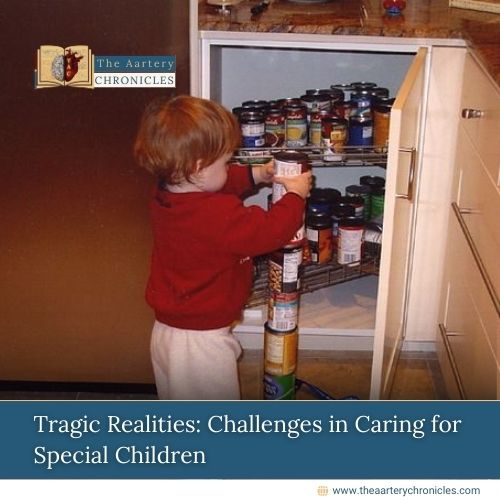

The More Trees Nearby, the Healthier Your Baby
It turns out babies may benefit from being close to nature even before they are born. A recent study has revealed that newborns whose mothers lived near newly planted trees during pregnancy tend to have better health outcomes. Conducted by researchers at Drexel University’s Dornsife School of Public Health, the study emphasizes how something as simple as planting trees can make a significant difference in public health starting from birth.
The Research Behind the Findings
To explore this connection, researchers studied over 36,000 trees planted in Portland, Oregon, from 1990 to 2020. They then analyzed birth records to see how many of these trees were planted within 100 meters of a mother’s home in the 10 years leading up to a baby’s birth.
They found a clear pattern: for each tree planted nearby, a newborn’s birth weight increased by approximately 2.3 grams. While this may appear to be a small amount, the combined effect of multiple nearby trees led to a meaningful improvement in birth outcomes.
Healthier Birth Weights and Fewer Risks
One of the key takeaways from the study is that babies born in areas with at least 10 trees within 100 meters had an average birth weight increase of about 50 grams. This seemingly modest gain could result in hundreds fewer babies being classified as “small for gestational age,” a condition linked to developmental delays and long-term health problems.
Dr. Yvonne Michael, senior author of the study and professor at the Dornsife School of Public Health, emphasized the significance of these findings. “Even though 50 grams might not sound like a lot, if every baby gained that much, we could see nearly 650 fewer babies at risk for poor development,” she noted.
Why Trees Matter for Pregnant Mothers
One of the reasons trees may improve birth outcomes is their ability to reduce stress. High-stress levels in pregnant women are known to increase the chances of premature births and low birth weight. Trees help lower stress by improving air quality, providing shade, and creating calming environments—all of which benefit mental and physical health.
Additionally, because the study focused on newly planted trees rather than long-standing green spaces, researchers were better able to isolate the impact of tree planting itself, rather than other social factors like income or education.
An Affordable Public Health Solution
The study highlights a powerful message: planting trees is a simple, cost-effective way to improve community health, starting from pregnancy. According to Dr. Michael, “This is further evidence that adding greenery to neighborhoods isn’t just about beauty it’s a practical, low-cost intervention to support healthier pregnancies and babies.”
Conclusion
While more research is needed to fully understand the mechanisms, this study adds to a growing body of evidence showing that green spaces are good for human health. In particular, living near trees especially newly planted ones can lead to healthier beginnings for newborns, setting them on a stronger path in life from day one.
Source: Inputs from various media Sources

Priya Bairagi
Reviewed by Dr Aarti Nehra (MBBS, MMST)
I’m a pharmacist with a strong background in health sciences. I hold a BSc from Delhi University and a pharmacy degree from PDM University. I write articles and daily health news while interviewing doctors to bring you the latest insights. In my free time, you’ll find me at the gym or lost in a sci-fi novel.








